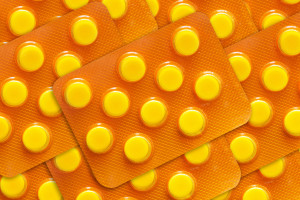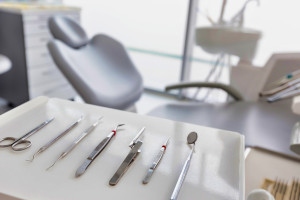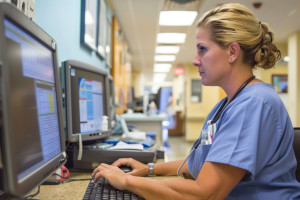Urgent appeal for help for premature babies. "We have virtually no active donors."

- The human milk bank at the Rzeszów University Hospital urgently needs new donors.
- Natural milk supports the development of newborns, reducing the risk of health complications.
- Women can register to donate 5-6 weeks after giving birth, when lactation has become established.
The human milk bank has been operating at the university hospital for over five years. Annually, it collects 100 to 150 liters of this priceless food. Thousands of newborns and premature babies have already benefited from it, as the bank also supplies milk to other hospitals in the Podkarpacie region and beyond. Now, the bank's refrigerator is almost empty.
"We don't actually have any active donors donating milk. There are about 50 50-milliliter bottles left. For example, the hospital on Lwowska Street in Rzeszów, which cooperates with us, needs 20 or more bottles a week, so now we have to limit the distribution of milk only to the most seriously ill patients," neonatologist Katarzyna Lisak-Gurba from the Neonatal Clinic with Intensive Care at the University Clinical Hospital on Szopena Street in Rzeszów told PAP.
Donor milk is fed to sick newborns and premature babies whose mothers need time for their bodies to prepare for breastfeeding.
"This type of nutrition usually lasts for the first few days, which are very important from a medical perspective, because that's when the most complications occur, for example, those related to the gastrointestinal tract. We try to prevent this, so it supports the children, but also the mothers, so they have time to cope with the stress and their bodies realize the situation and start breastfeeding," said Dr. Katarzyna Lisak-Gurba.
Breast milk has a composition that cannot be replicated in a laboratory. It contains immunoglobulins, enzymes, growth factors, immune cells, and the ideal ratios of proteins, fats, and carbohydrates that support a child's maturation and development. Research confirms that its administration significantly reduces the risk of serious complications, such as necrotizing enterocolitis, sepsis, and respiratory and gastrointestinal infections. In premature infants, it accelerates nervous system development, supports intestinal and lung maturation, builds immunity, and shortens hospitalization.
"Breast milk is a unique biological complex, a living biodiversity of ingredients. It's not just food, but also a set of enzymes, antibodies, and immune cells that work together in a precise and variable way depending on the baby's needs," she emphasized.
One of the women who responded to the hospital's appeal is Mrs. Anna, the mother of a three-month-old girl.
"When my daughter was born, I had more milk than she needed. I learned about the milk bank and immediately knew I wanted to help. By donating milk, I feel like I'm doing something truly important, that I'm giving them a little strength to continue fighting," she says.
You can become a milk donor approximately 5-6 weeks after your baby's birth. By then, lactation is usually stable, and you can be sure you'll have enough milk to feed your baby.
"This mother's baby must grow, eat, and the mother must produce excess milk. This is an absolute requirement," the doctor emphasized.
Women who wish to donate can contact the milk bank at the Newborn Clinic with Intensive Care at the University Hospital. Tel. 17-86-66-348, open Monday through Friday, 7:30 a.m. to 3:00 p.m. After a brief medical interview and basic testing, breastfeeding mothers will receive instructions on how to store their milk and how often it will be collected.
Copyrighted material - reprint rules are specified in the regulations .
rynekzdrowia









